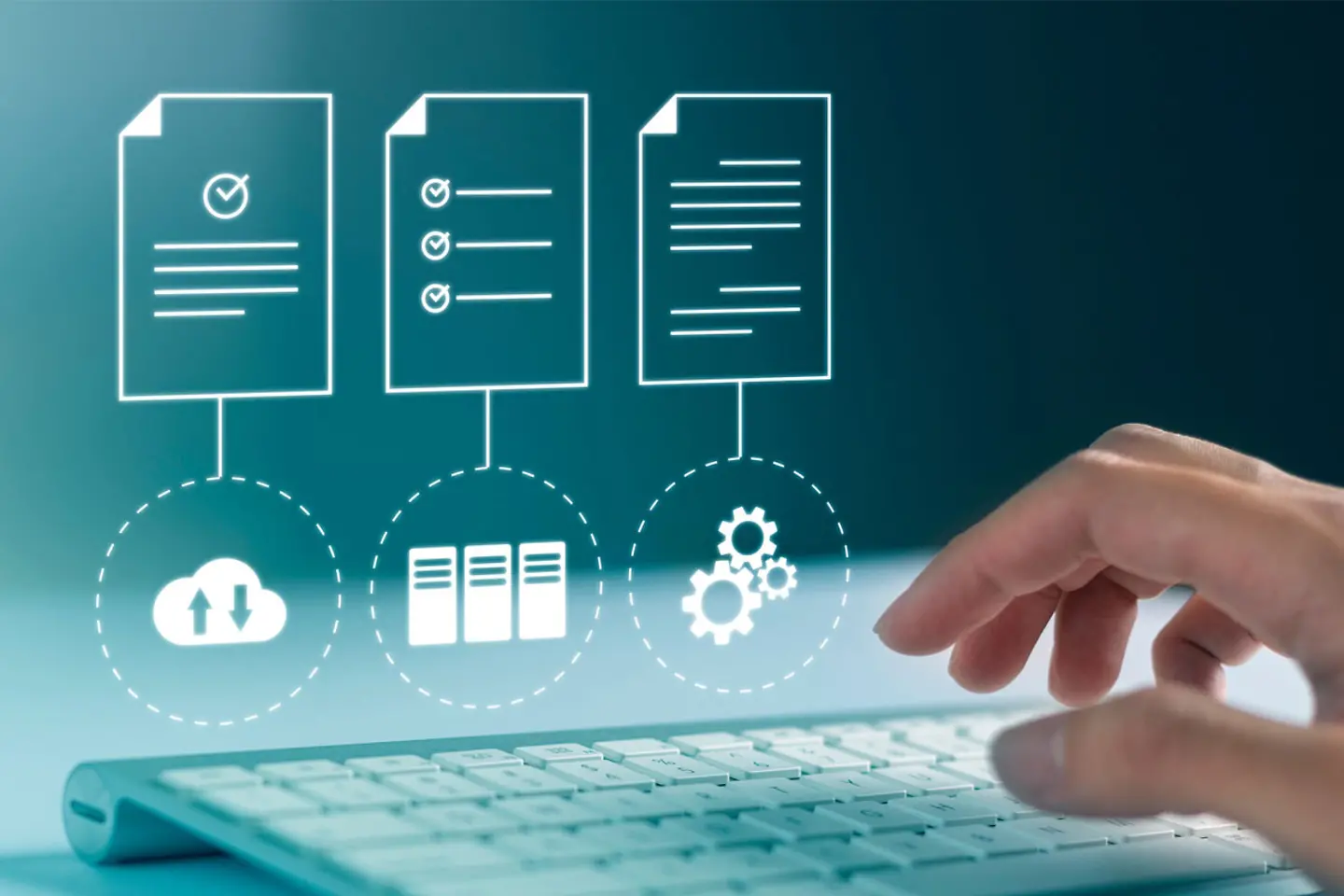
Cloud-based solutions give SMEs an invaluable advantage against ongoing workforce volatility.
For small and medium enterprises (SMEs) in the Asia-Pacific region (APAC), retaining talent has become an uphill struggle. Over half of SMEs throughout APAC and Japan, about 64%, are finding it difficult to cope with the Great Resignation.
This affects the greater part of the region’s working population. APAC SMEs generally employ half of the regional workforce, using the majority of the working population in their respective regions. In Singapore, SMEs use about 70% of the local workforce and, as such, feel the brunt of the Great Resignation and its costly turnover.
SMEs want to focus on organisational expansion in a post-pandemic world, shifting their focus from resilience to growth. The shift gives rise to evolving workloads, job vacancies, and many new roles that need filling, pushing manpower to the top of the priority list for business owners. Workforce woes sit on top of the difficulty SMEs have with sourcing capital expenditure and sticking to a growth path.
To address this mixture of challenges, digitalising businesses is crucial. In Singapore, 54% of SMEs plan to reduce manpower needs by transforming, automating, and/or digitalising their business. With digital transformation, SMEs can solve pressing manpower problems without overextending scarce resources.

Automation from cloud-based solutions directs resources away from redundant tasks. As business owners realign workloads, only 57% of employees in APAC say they are satisfied with their job. Doing repetitive, mindless tasks may deplete worker engagement, which could result in costly human errors that translate to lost business opportunities.
One ripe opportunity for business automation is in invoicing and payments. Businesses do these procedures repetitively, but such tasks still require high attention to detail to avoid human error and miscalculations. Automation speeds up payment processing and reporting, providing workers with near real-time information on customer accounts. To digitise invoicing and payment procedures, T-Systems has developed cloud billing, which automates order processing, price calculation, billing, and delivery for businesses. This service rids businesses of accounting silos and legacy systems to reduce operating costs by 80%.
Besides cost reduction, automated processes will free up employees to be better utilised elsewhere. For instance, workers of Cua Dat Farm in Vietnam have benefited from cloud-based solutions, which have enabled them to concentrate their efforts on product quality, yield, waste reduction, and other higher-level concerns.

In 2020, labour productivity, as measured by gross domestic product per employee, dropped across APAC. The decline in labour productivity was 6.3% in Thailand, 4.9% in Malaysia, 3.9% in Japan, and 3.4% in Singapore and Taiwan, China.
SMEs can leverage cloud-based solutions to provide workers with virtual access to work-related data, documents, and everything else they need to perform their job efficiently. Employees who are out-of-office or on a hybrid work arrangement, travelling for work, or collaborating with colleagues across different locations need quick, convenient and secure access to work-related information. Microsoft’s Azure Virtual Desktop, for instance, allows employees to securely and conveniently access work-related applications and data on their personal devices anytime, anywhere. Through T-Systems, SMEs can also implement Collaboration 365, which offers a secure, private cloud for employees to access the business’ data centre, work emails, and various applications on devices they own.
Moreover, SMEs can adopt personnel management software that helps manage workloads efficiently and appraise employee performance, revealing to business owners the insights they need to optimise human resources.

In a Google Workspace survey, 60% of APAC employees said they felt frustrated about having limited collaboration opportunities. Enhancing team communication is crucial to effective and smooth collaboration at the workplace. With cloud-enabled platforms for communication, employees can address day-to-day workflow issues quickly and accelerate decision-making with the owner.
For example, Microsoft Cloud enables real-time communication for retail frontline workers, creating more meaningful team connections and making the job more satisfying. Employees can also keep communication lines open with Google Workspace where they stay in the loop and feel included.
40% of SMEs in the APAC and Japan region plan to provide upskilling opportunities, which can include training in cloud-based solutions and other tools to future-proof their workforce. To maintain business resilience, SMEs must drive worker productivity and optimise resources. As they place themselves on the path of growth, businesses need to modernise the work setup and automate their processes to maintain a more efficient and collaborative team.
By adopting cloud solutions and digital tools, business owners can take back some of their time to focus on sustaining growth amidst workforce volatility. This can happen without incurring heavy upfront and maintenance costs for data infrastructures and technology.
SMEs can partner with technology experts to digitalise their business at the speed and levels that suit their needs. The right digital partner must be able to provide adequate training and tailor cloud adoption strategies with low upfront costs. With T-Systems, SMEs can receive end-to-end support that ranges from cloud readiness assessments to full cloud migration and managed services.
Discover how to equip your employees with the right digital solutions and grow your business. Learn more about how T-Systems can help assess your business’ cloud readiness and customise a cloud-based solution for your growth objectives.